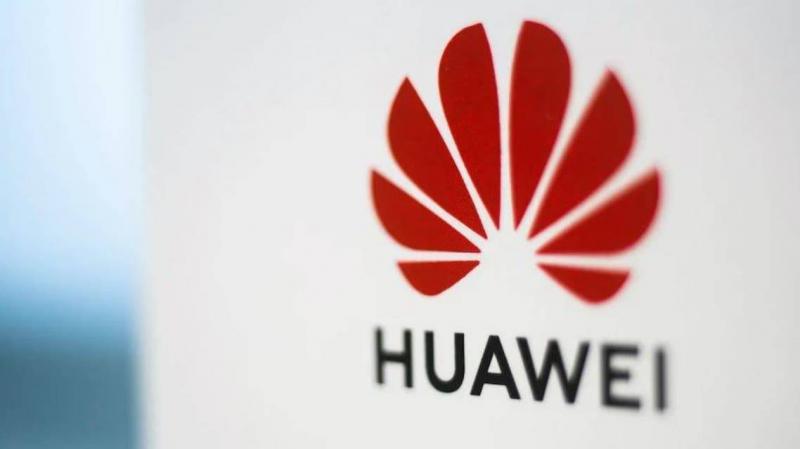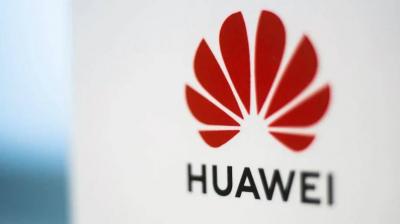Chinese telecommunications giant Huawei announced that it is expanding its team of scientists, even after losing revenue following American sanctions. Huawei's CEO, Ren Zhengfei, stated in an internal meeting in early August that despite the American restrictions, the company has continued to maintain and increase its workforce. He said, "Despite the American restrictions over the past two years, we have not changed our human resources policies, and everything is proceeding as usual, such as salary distribution, bonuses, job promotions, and stock allocations."
Huawei explained that it added 3,000 employees between the end of 2019 and 2020 amid the emergence of the COVID-19 pandemic, with more than half of those employees, or 53.4%, working in research and development, according to CNBC and as reported by Al Arabiya.
In 2019, the administration of former President Donald Trump placed Huawei on a blacklist that prevents American companies from selling technology to the Chinese firm, citing national security concerns. Huawei denied these allegations. Ren stated, "Due to the American restrictions over the past two years, we are no longer pursuing the best components to create the best products. Instead, we are using scientific and reasonable methods to ensure balanced traffic across the system and utilizing suitable components to produce high-quality products, which has significantly improved our profitability."
The global smartphone sales slump has also affected Huawei's business. The company reported revenues of 320.4 billion yuan (approximately $49.67 billion) during the first six months of 2021, down from 454 billion yuan in the same period last year. Revenues for the first half of this year were also lower than those recorded in the first half of 2019 and 2018, prior to the pandemic and American sanctions.
Ren remained determined to compensate scientists and discussed the compensation on par with an undisclosed amount for professors at the prestigious Tsinghua University in China. The Huawei CEO stated, "If the company had not cared about science and basic research, or engaged in deep cooperation with top scientists globally, or valued those who participated in basic research over the past decade, we would not have gathered the vast amount of theoretical and technological information and engineering knowledge necessary to overcome the challenges posed by American restrictions and blocks."
Ren's comments come as the central Chinese government seeks to address labor shortages in high-tech industries. Beijing has set ambitious plans to build its own technology—in semiconductors and quantum computing—over the next decade.




